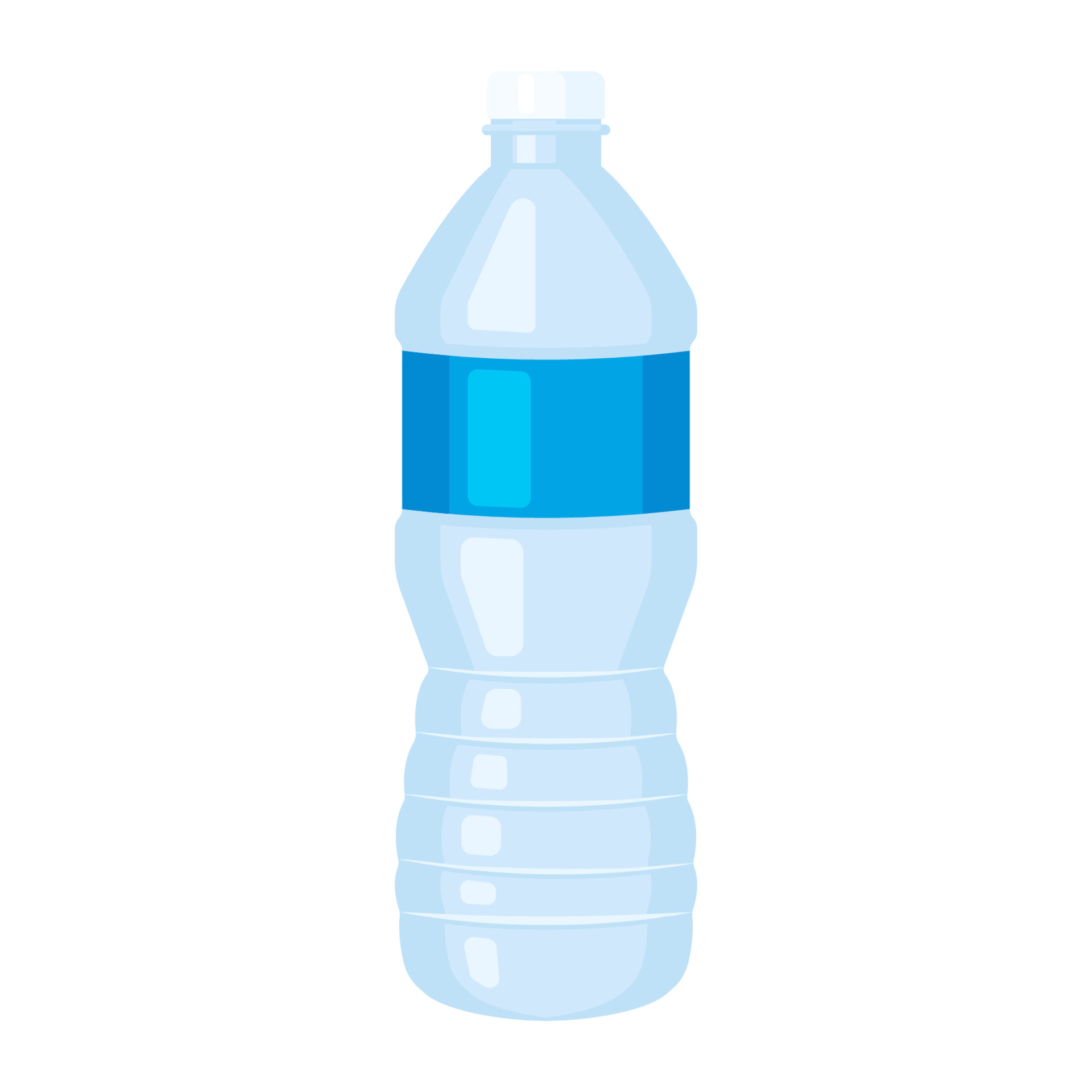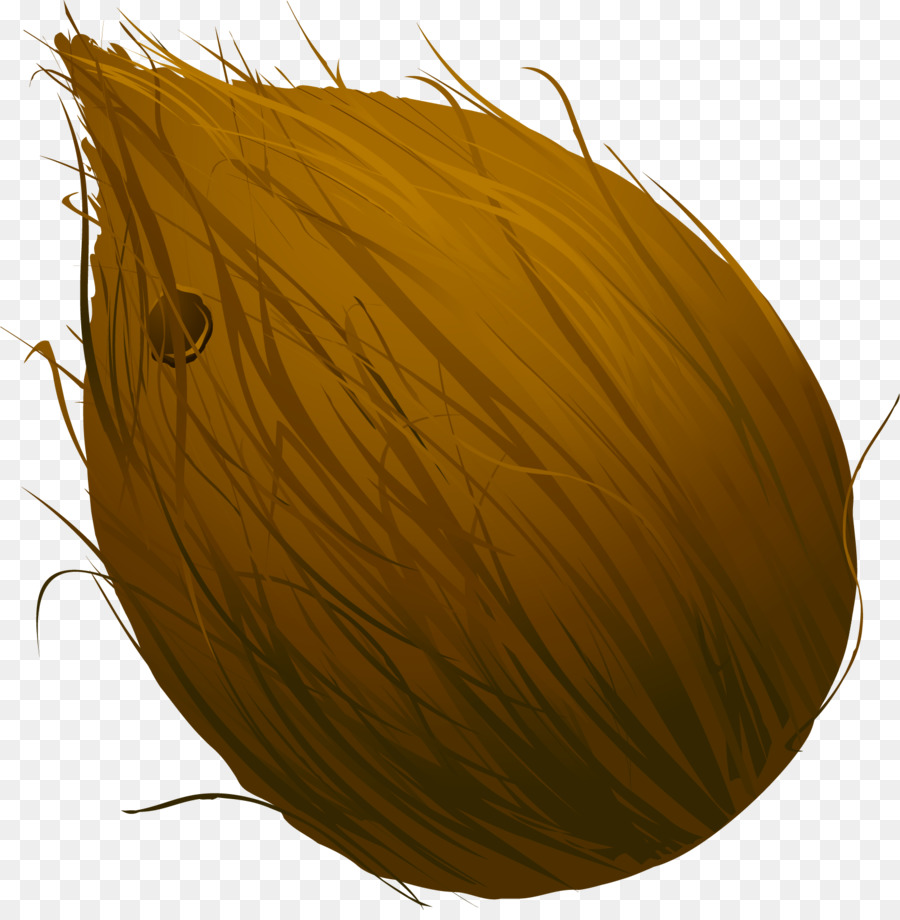 Example of Plant-Based
Example of Plant-Based 
 Plant-Based Packaging
Plant-Based Packaging
Reference : https://money.cnn.com/2016/05/16/technology/plastic-bottles-fabric-repreve/index.html?iid=EL
https://www.nationalgeographic.co.uk/environment-and-conservation/2019/10/five-uk-innovations-could-change-our-relationship-waste
https://meyers.com/meyers-blog/7-types-of-plant-based-packaging-for-your-business-needs/
Web master : Art Kaewnin 5/8 No.29
 Example of Plant-Based
Example of Plant-Based 
Billed as a flexible packaging for beverages and sauces, Notpla’s most striking statement
as to its environmental credentials is
: you can eat it. A material derived from plants and
seaweed (the 'Notpla' of the name) according to the company the ‘Ooho’ liquid container biodegrades in 4-6 weeks, were you disinclined to simply consume it on the spot
Plant-based packaging is made from naturally renewable materials derived from plants.
It’s completely organic, as opposed to many forms of traditional packaging like plastics, and can take many forms.
As countless countries turn their back on single-use plastics — including England, Scotland,
Germany, Canada and India, to name just a few — the world needs more suitable and sustainable packaging alternatives.
This is where plant-based could revolutionise the way packaging is perceived, from being a
burden on the environment to something that could actually benefit the planet.

As well as applications for drink – they were trialled at this year's London Marathon – the edible Ooho sachets made of Notpla are being deployed in the cocktail and dining industry with the aim, in the case of the latter, to replace
the plastic and polystyrene pots containing sauces and dressings frequently supplied with takeaway food. The company has also developed a lining using the same material for cardboard takeaway boxes, in lieu of similar, non-degradeable plastic-lined equivalents.
The company is using a technology devised at a Bangkok university to make its zero-waste packaging. It hopes it will eventually replace many of the Styrofoam boxes and plastic bags that end up in huge garbage dumps across Thailand and other Southeast Asian countries.
Its eco-friendly formula took five years to develop and is so adaptable it could end up being used to package things like furniture and even phones. The bamboo it uses comes from leftover scraps from the chopstick manufacturing process.

In the cities of Bangkok and Chiang Mai, where takeout drink containers and noodle packets line
the sidewalks, the company supplies restaurants, organic farmers and other businesses in the food and
drink industry.But finding new clients can be tricky.
Takeout food vendors in Thailand want to keep costs down in a competitive business with thin
margins. Asking them to spend more on packaging for environmental reasons is a tough sell."
The local economy still does not support [this technology]" said Universal Biopack's founder,
Suthep Vichakyothin.